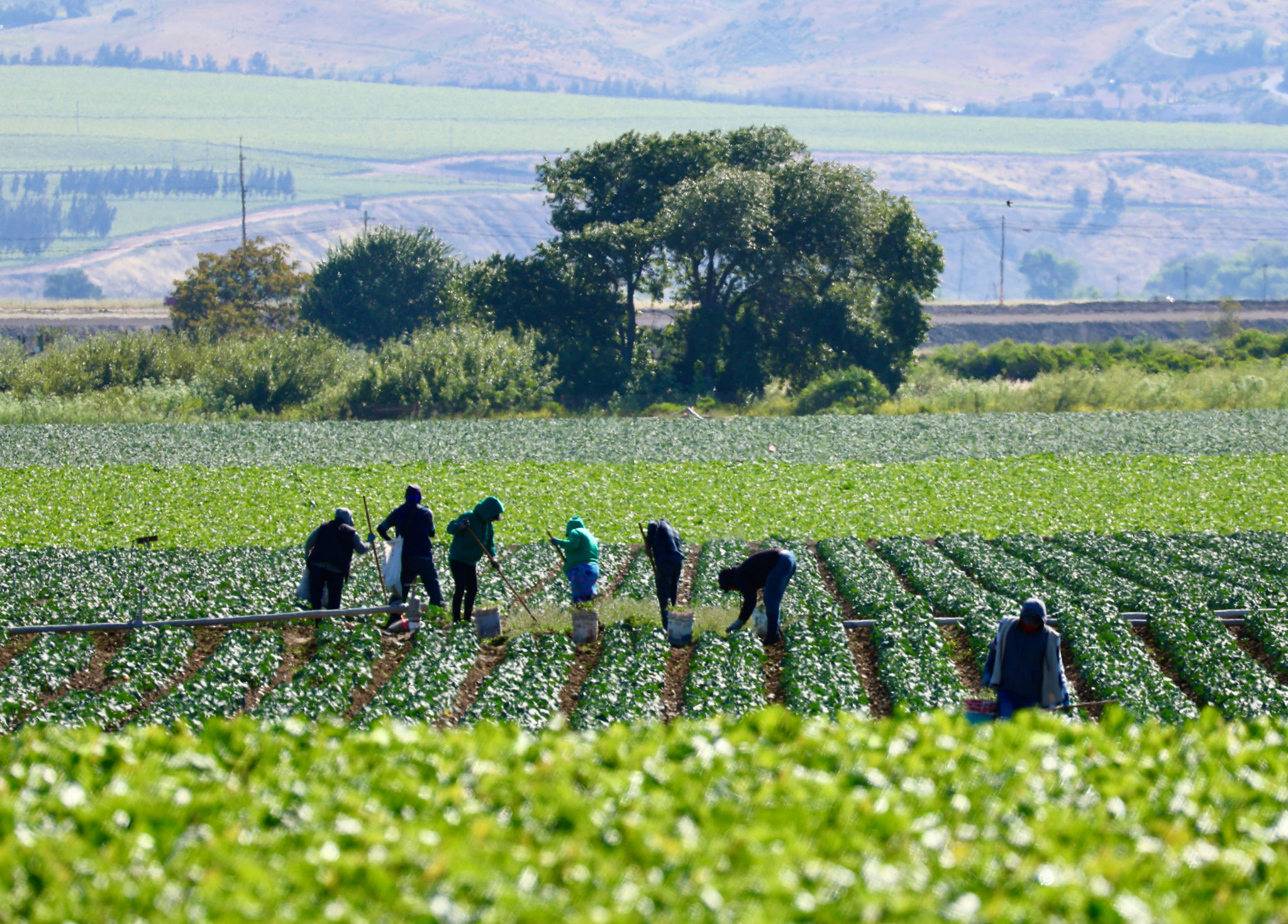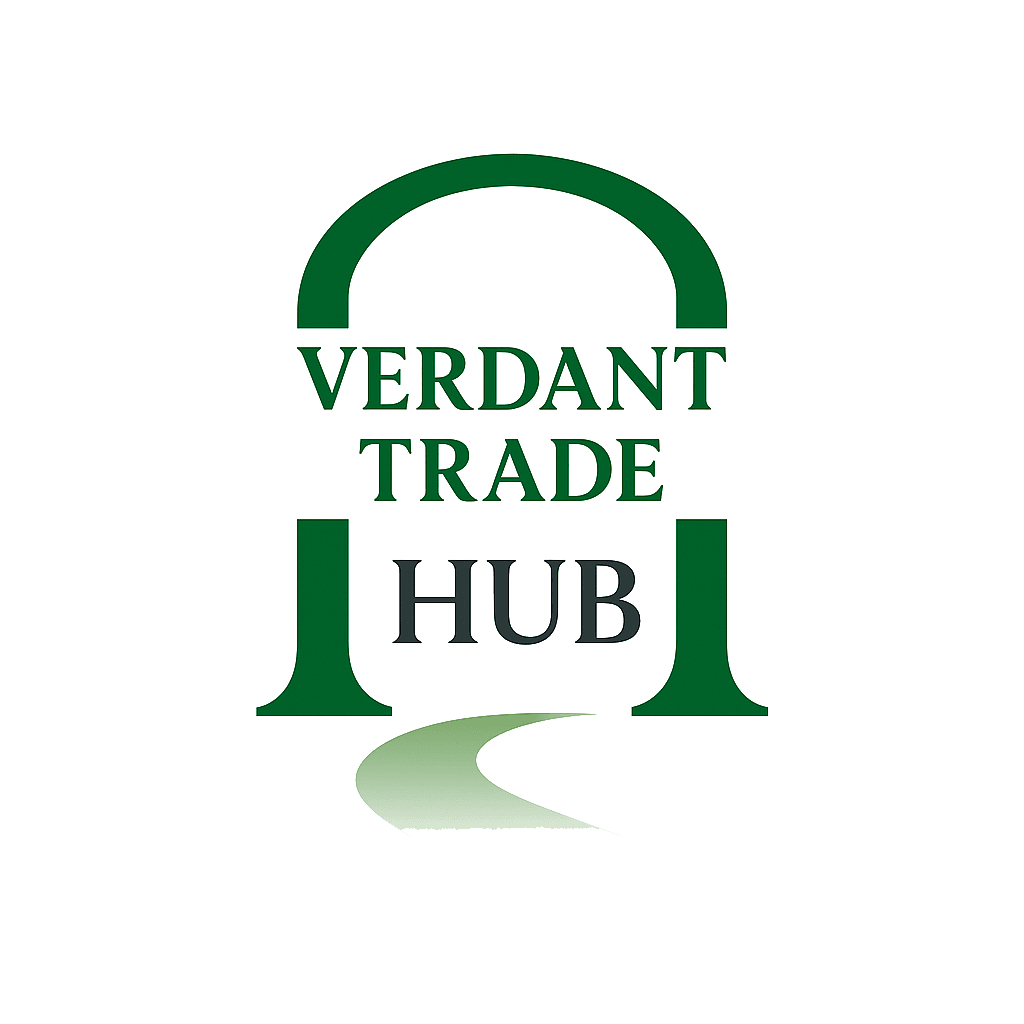Sustainable Sourcing: Why It Matters in Today’s Global Agriculture Market
Understanding Sustainable Sourcing
In today’s global agriculture market, sustainable sourcing has become a key focus for many businesses and consumers alike. But what exactly does it mean? At its core, sustainable sourcing refers to the process of acquiring raw materials or products in a way that is environmentally friendly, socially responsible, and economically viable. This approach not only helps preserve the environment but also ensures fair treatment and compensation for workers.
The importance of sustainable sourcing cannot be overstated. With the agriculture industry being one of the largest contributors to environmental degradation through deforestation, excessive water use, and greenhouse gas emissions, adopting sustainable practices is crucial in mitigating these impacts. By choosing sustainable sourcing, companies can play a pivotal role in creating a more balanced and eco-friendly market.

The Environmental Benefits
One of the most significant advantages of sustainable sourcing is its positive impact on the environment. By prioritizing environmentally friendly practices, companies can reduce their carbon footprint, promote biodiversity, and decrease pollution. Sustainable sourcing often involves using less water, reducing waste, and avoiding harmful chemicals that can damage ecosystems.
Additionally, sustainable sourcing supports soil health and reduces soil erosion by encouraging crop rotation and organic farming practices. This not only preserves land for future generations but also helps maintain the natural balance required for healthy crop production.
Social Responsibility
Sustainable sourcing also emphasizes social responsibility, ensuring that workers involved in the supply chain are treated fairly and work under safe conditions. This includes providing fair wages, supporting local communities, and ensuring that labor practices adhere to ethical standards.

By supporting companies that prioritize social responsibility, consumers can contribute to improving the quality of life for agricultural workers worldwide. This approach not only benefits individuals directly but also strengthens communities by fostering economic stability and growth.
Economic Viability
While the initial costs of adopting sustainable sourcing practices may be higher, they often lead to long-term economic benefits. Companies that invest in sustainability can benefit from increased efficiency, reduced waste, and enhanced brand reputation. Consumers are increasingly willing to pay a premium for products they know are sustainably sourced, creating a competitive advantage for businesses that embrace these practices.
Moreover, sustainable sourcing helps ensure the long-term availability of raw materials by preserving natural resources. This not only secures a steady supply chain but also reduces the risk of price volatility associated with resource scarcity.

Consumer Influence
Today's consumers are more informed and conscious of their purchasing decisions than ever before. They are increasingly demanding transparency from companies regarding their sourcing practices. This shift in consumer behavior is driving businesses to adopt more sustainable practices to meet expectations and build trust with their audience.
As more consumers prioritize sustainability in their purchasing decisions, companies that fail to adapt may find themselves at a disadvantage. By aligning their values with those of their customers, businesses can foster loyalty and create a lasting impact on the market.
The Path Forward
Sustainable sourcing is not just a trend; it is a necessary evolution in the global agriculture market. As the world continues to face environmental challenges, the need for responsible sourcing practices becomes increasingly urgent. Businesses must lead the way by committing to sustainability and encouraging others in the industry to follow suit.
Ultimately, sustainable sourcing offers a path forward that balances environmental stewardship, social responsibility, and economic viability. By making informed choices and supporting businesses that prioritize sustainability, consumers can contribute to building a more equitable and sustainable future for all.
